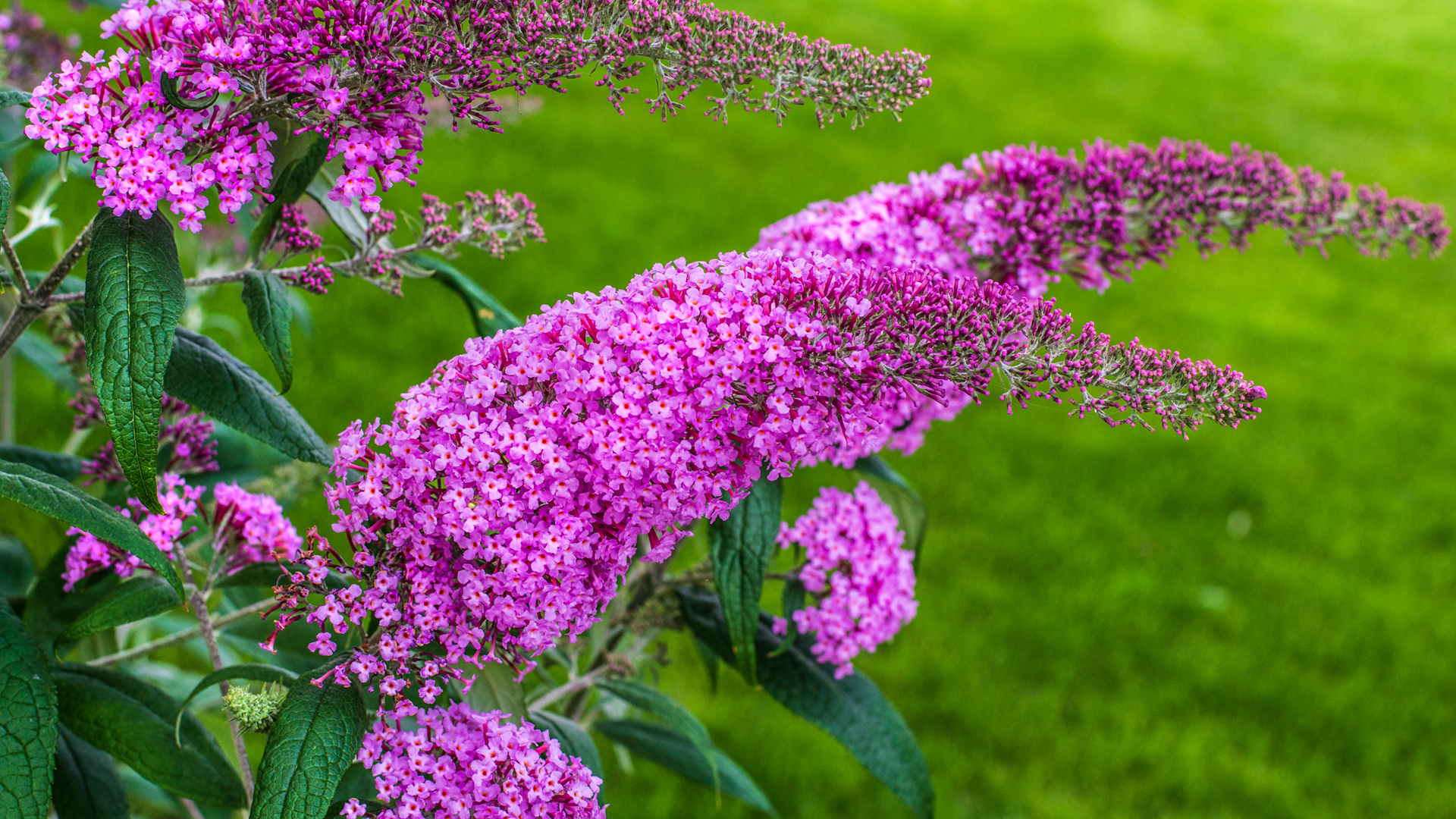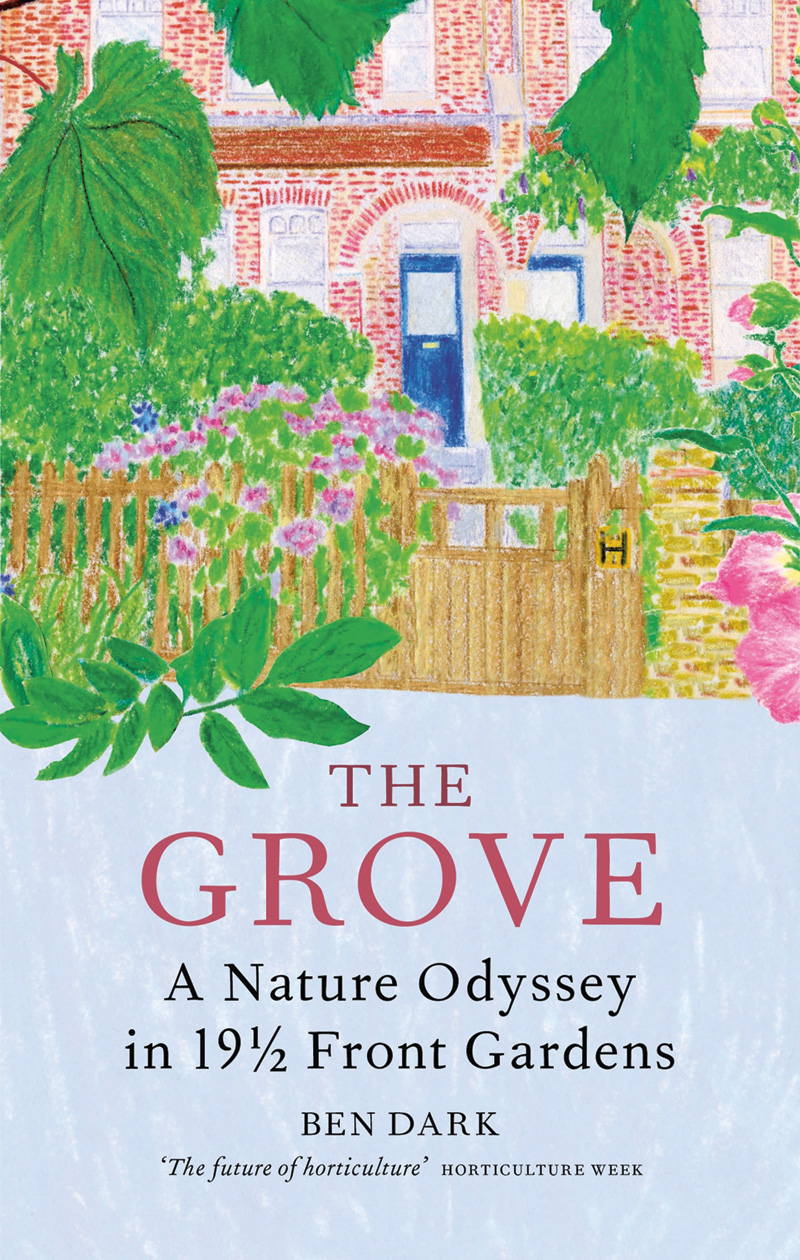I’ve been a city gardener all my working life. For years I’ve dug and pruned in the service of people and plants from everywhere. The countryside is lovely, but as nice as fields and woods are, my heart lies in the scrappy mass of hedges, trees and trampolines that we make when living 5,000 to a square kilometre.
London is where I learned to see plants for the first time, not just as bits of green background, but as identifiable things with names and characteristics. Had I awakened to vegetation in the Hampshire Downs I would feel a special affection for beech trees and if I’d become aware on the North York Moors I’d write about heather. But no, it happened in Camberwell and so I love buddleja.
I’m not alone. Buddleja (aka the butterfly bush) has a rogue’s charm. It’s both pretty and disreputable, sending out panicles of flower against all odds; bringing bees and beauty to brick walls and railway bridges. But the plant has its haters.
As well as behaving thuggishly towards old buildings, it is not from these parts and is viewed with suspicion. Often, it is categorised as an ‘invasive alien’ – a foreign plant that takes up space rightfully belonging to ‘native’ British flora. Buddleja’s detractors point out that although it provides nectar for pollinators, it evolved far away from the digestive systems of our local insects, who are not adapted to lay eggs or feed on its sliver-and-green foliage.
Over here a mature English oak can play a part in the life cycle of 2,300 species, a buddleja just 30. Which might well be true, but we should remember that oak trees don’t grow from cracked chimney pots in Southwark or dumped rubble in Dalston.
The modern city’s ecosystem is manmade. It’s a chaotic, scrappy, crosspollinating blend of everywhere and everything, and buddleja is its king. In an essay for Plants and Habitats of European Cities the ecologist Michael J Crawley identifies 21st century London’s most characteristic plant community as the buddleja-conyza scrub. This is what springs up when a Londoner abandons their garden or a building site runs out of money. A jungle of scrawling herbs, young trees and shrubs, 80 per cent of which are not native to the region. This botanical mashup lets a single street host plants from six separate continents. In the urban environment walking to the shops for a pint of milk takes us past combinations of plants that have likely never been seen before in horticulture or science.











